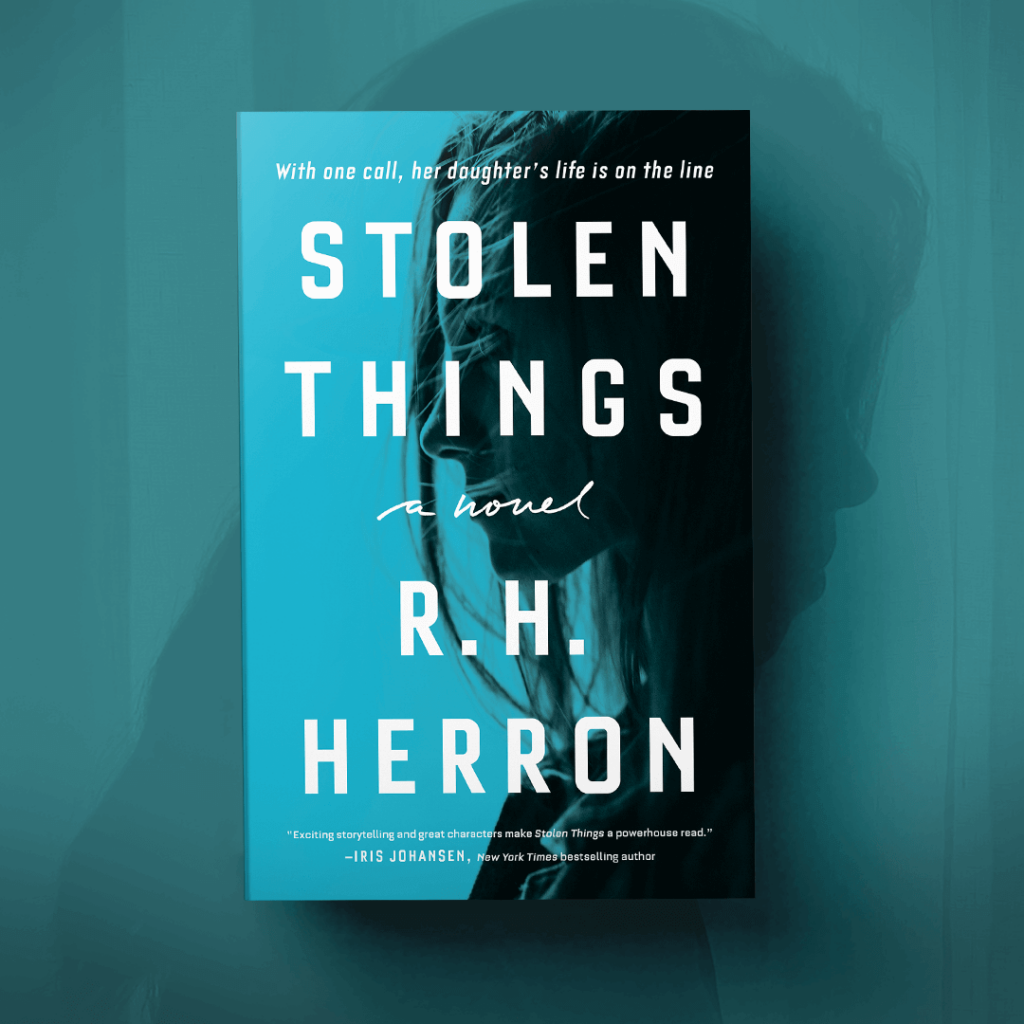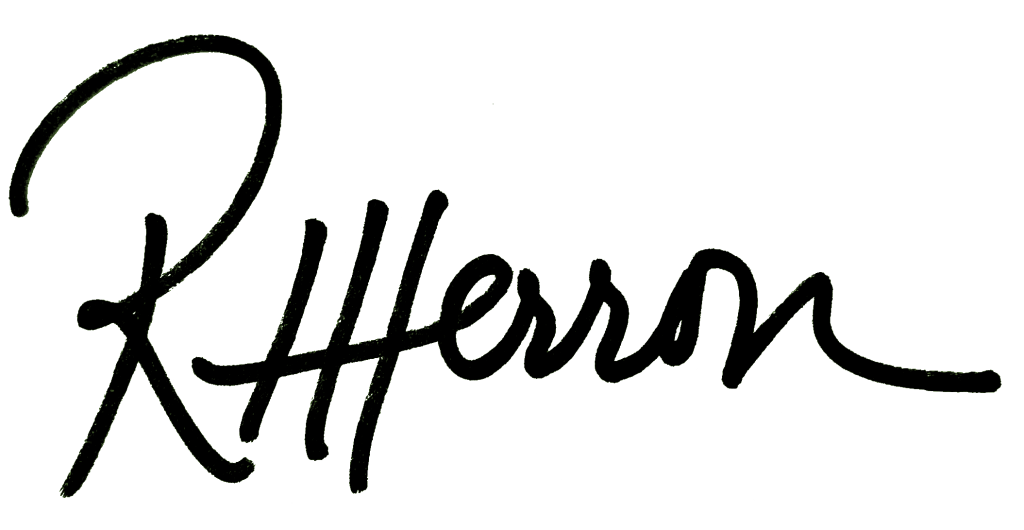
A sensational crime, a missing teen, and a mother and daughter with no one to trust but themselves come together in this shocking debut thriller by R. H. Herron.
“Mama? Help me.”
Laurie Ahmadi has worked as a 911 police dispatcher in her quiet Northern California town for nearly two decades. She considers the department her family; her husband, Omid, is its first Arab American chief, and their teenaged daughter, Jojo, has grown up with the force. So when Laurie catches a 911 call and, to her horror, it’s Jojo, the whole department springs into action.
Jojo, drugged, disoriented, and in pain, doesn’t remember how she ended up at the home of Kevin Leeds, a pro football player famous for his on-the-field activism and his work with the CapB—“Citizens Against Police Brutality”—movement. She doesn’t know what happened to Kevin’s friend and trainer, whose beaten corpse is also discovered in the house. And she has no idea where her best friend Harper, who was with her earlier in the evening, could be.
But when Jojo begins to dive into Harper’s social media to look for clues to her whereabouts, Jojo uncovers a shocking secret that turns everything she knew about Harper—and the police department—on its head. With everything they thought they could rely on in question, Laurie and Jojo begin to realize that they can’t trust anyone to find Harper except themselves . . . and time is running out.
BUY NOW!
THE BACKSTORY
Dear Reader,
I was a 911 dispatcher in the San Francisco Bay Area for seventeen years before I could afford to quit and write full time. I know what’s it’s like to hear a person’s last words just before the shot rings over the line. I know how a mother prays under her breath while I’m giving her CPR instructions to perform on her five-year-old. I know what a newborn baby sounds like when the cord is finally unwrapped from around its neck by a desperate father. I won’t tell you what most of those sound like (you don’t want to know), but I’ll tell you this: a baby just seconds old always sounds exactly like a tiny kitten.
Getting paid to help people is amazing. I helped save lives on a regular basis, something I’ll always be proud of. Most of the women and men in the police and fire professions have no other desire than this: to be able to serve and protect their communities. They are noble and kind and generous. I applaud and salute the many good people I knew in the industry.
That said, there’s a hell of a lot of crookedness on that ostensibly-straight road to justice. I couldn’t write about that while my paycheck was coming from the taxpayers, even though I wanted to. I could write about it when I quit. Stolen Things is the result.
I’d been obsessed by a local scandal (in a department I never worked for) in which the underaged daughter of a dispatcher was sexually trafficked by the department’s officers. I couldn’t push her out of my mind. And more, I couldn’t get the idea of her mother out of my head, either. While national news was breaking around her daughter, this mother still had to go to work and answer the same kinds of 911 calls I used to. She had to talk to her male coworkers on the police radio, men who had possibly hurt her daughter. I could not imagine (though I really, really tried).
Stolen Things is purely fictional—I only used this scandal as my jumping off point. Laurie, the main character and a dispatcher, must fight to save her daughter while the department she loves starts to come apart because of prejudice and lies. Her daughter, Jojo, must find her missing best friend while recovering from a night she doesn’t remember—a night when things ended in rape and murder. The San Bernal Police Department is family to both of them—Laurie is married to its Chief, and Jojo was raised toddling the halls between dispatch and the jail. But now the two of them are on their own, fighting an antagonist neither of them is ready to face.
What I wanted to write was the truth as I’ve witnessed it. Police departments, even in today’s times, are often still patriarchal good-ole-boy protectorates. With Stolen Things, I wanted to lift the lid off this particular box so people could peer right inside the usually secretive world of a police department. I want readers to see that police officers and firefighters and dispatchers are a certain kind of person, and that kind of person is usually good.
But when they’re not good, they can be very bad, indeed.
I hope you find it a thrilling read.





